First Google driverless car injuries 'caused by human error'
Three Google employees have been treated for minor whiplash following Mountain View collision
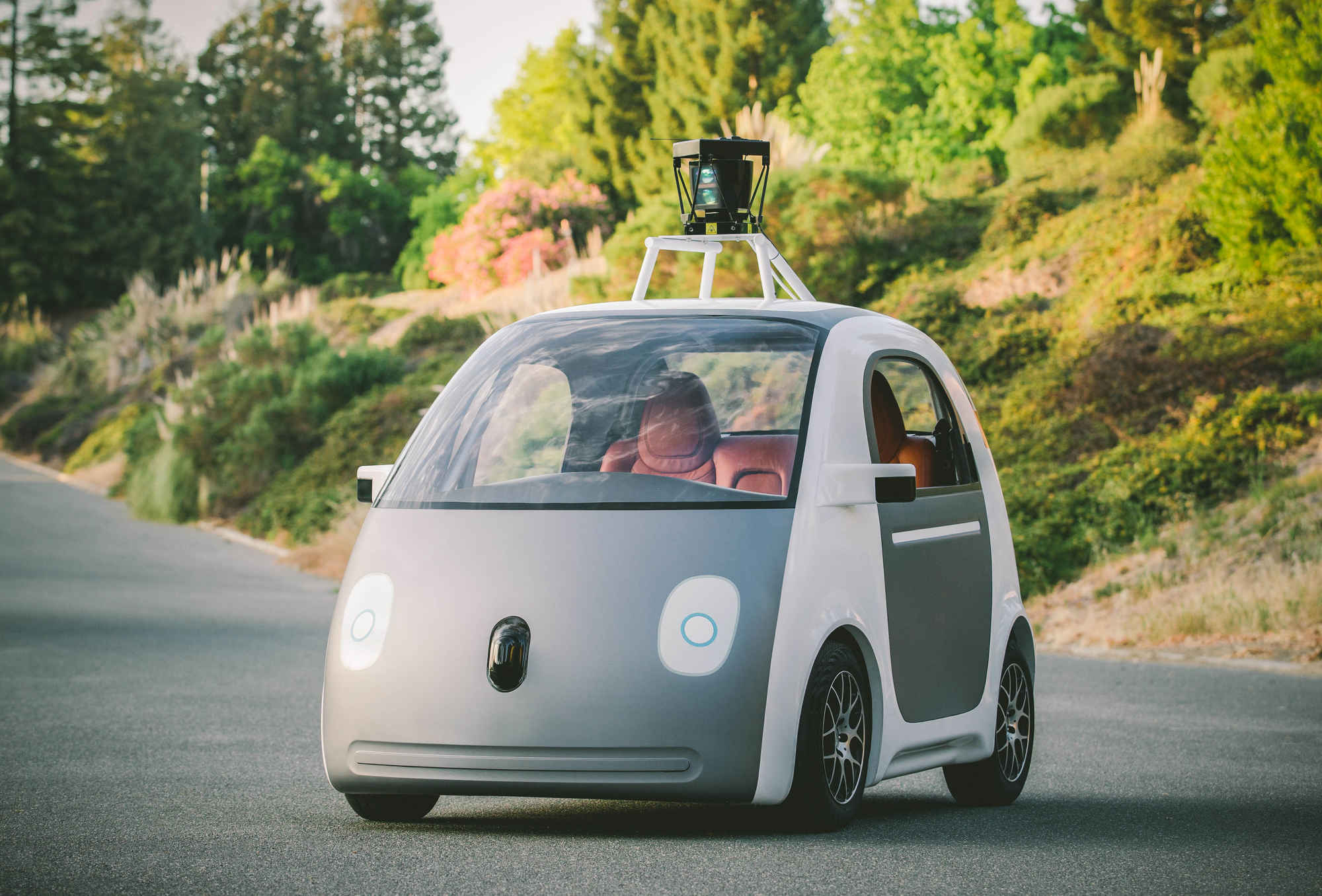

Google's first recorded injuries in a self-driving car have been chalked up to human error, with three employees treated for whiplash in hospital following the incident.
The collision occurred on 1 July at an intersection in Mountain View, California, and involved one of the company's Lexus models and another motorist.
Head of the tech giant's driverless car project, Chris Urmson, detailed the incident in a blog post this week, saying that in order to avoid getting stuck in the middle of the busy junction, the Google car stopped at the lights.
"After we'd stopped, a car slammed into the back of us at 17 mphand it hadn't braked at all," he added.
The three staff treated from minor whiplash were otherwise unhurt, and Urmson confirmed that "thankfully, everyone in both vehicles was okay".
He placed the blame on the other driver, and released a video illustrating the Google car's normal and natural driving.
The other car apparently did not slow down when approaching Google's vehicle, and Urmson said: "This certainly seems like the driver was distracted and not watching the road ahead."
Get the ITPro daily newsletter
Sign up today and you will receive a free copy of our Future Focus 2025 report - the leading guidance on AI, cybersecurity and other IT challenges as per 700+ senior executives
Google has been quick to point out the programme's comparatively low number of crashes compared to regular cars just 14 since the project began in 2009.
Urmson has previously written about these statistics, claiming that in every recorded collision, the self-driving car was not the party at fault.
As in this instance, the majority of crashes were fender benders' at intersections, when human motorists rear-ended an autonomous vehicle.
According to Google, this is proof that it's on the right track. "The clear theme is human error and inattention. We'll take all this as a signal that we're starting to compare favorably with human drivers."
Adam Shepherd has been a technology journalist since 2015, covering everything from cloud storage and security, to smartphones and servers. Over the course of his career, he’s seen the spread of 5G, the growing ubiquity of wireless devices, and the start of the connected revolution. He’s also been to more trade shows and technology conferences than he cares to count.
Adam is an avid follower of the latest hardware innovations, and he is never happier than when tinkering with complex network configurations, or exploring a new Linux distro. He was also previously a co-host on the ITPro Podcast, where he was often found ranting about his love of strange gadgets, his disdain for Windows Mobile, and everything in between.
You can find Adam tweeting about enterprise technology (or more often bad jokes) @AdamShepherUK.
-
 Why cutting-edge innovation is killing the planet
Why cutting-edge innovation is killing the planetIn-depth AI and robots will do our work, we’ll get paid in cryptocurrency, and cars will drive themselves – but each of these technologies is a massive energy hog
By Nicole Kobie
-
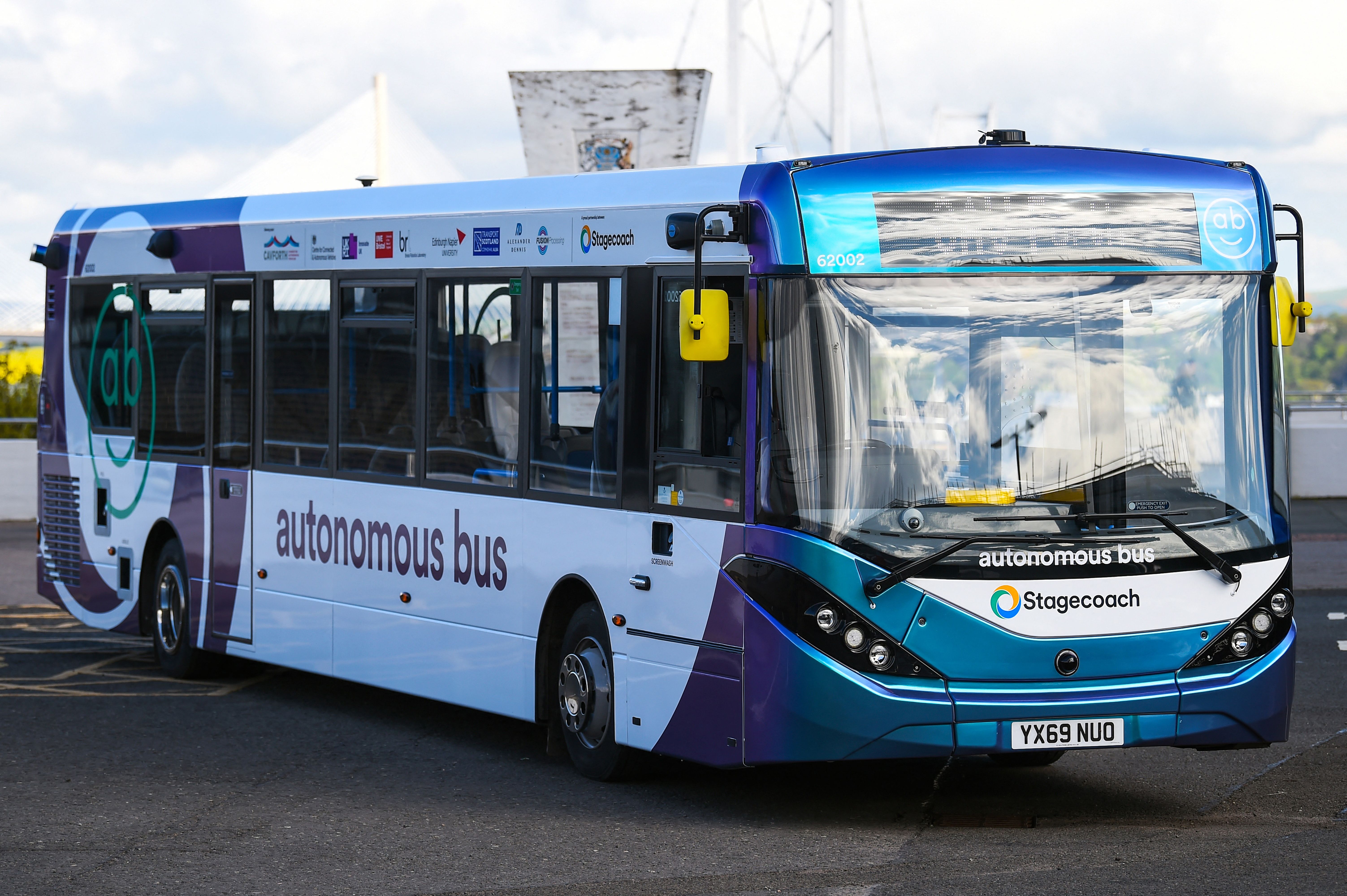 Meet the CAVForth project: The world's first autonomous bus
Meet the CAVForth project: The world's first autonomous busCase Study Edinburgh's AB1 route, in Scotland, lets the public catch a ride on an self-driving bus over the Forth Road Bridge. But is this really the future of public transit?
By Nicole Kobie
-
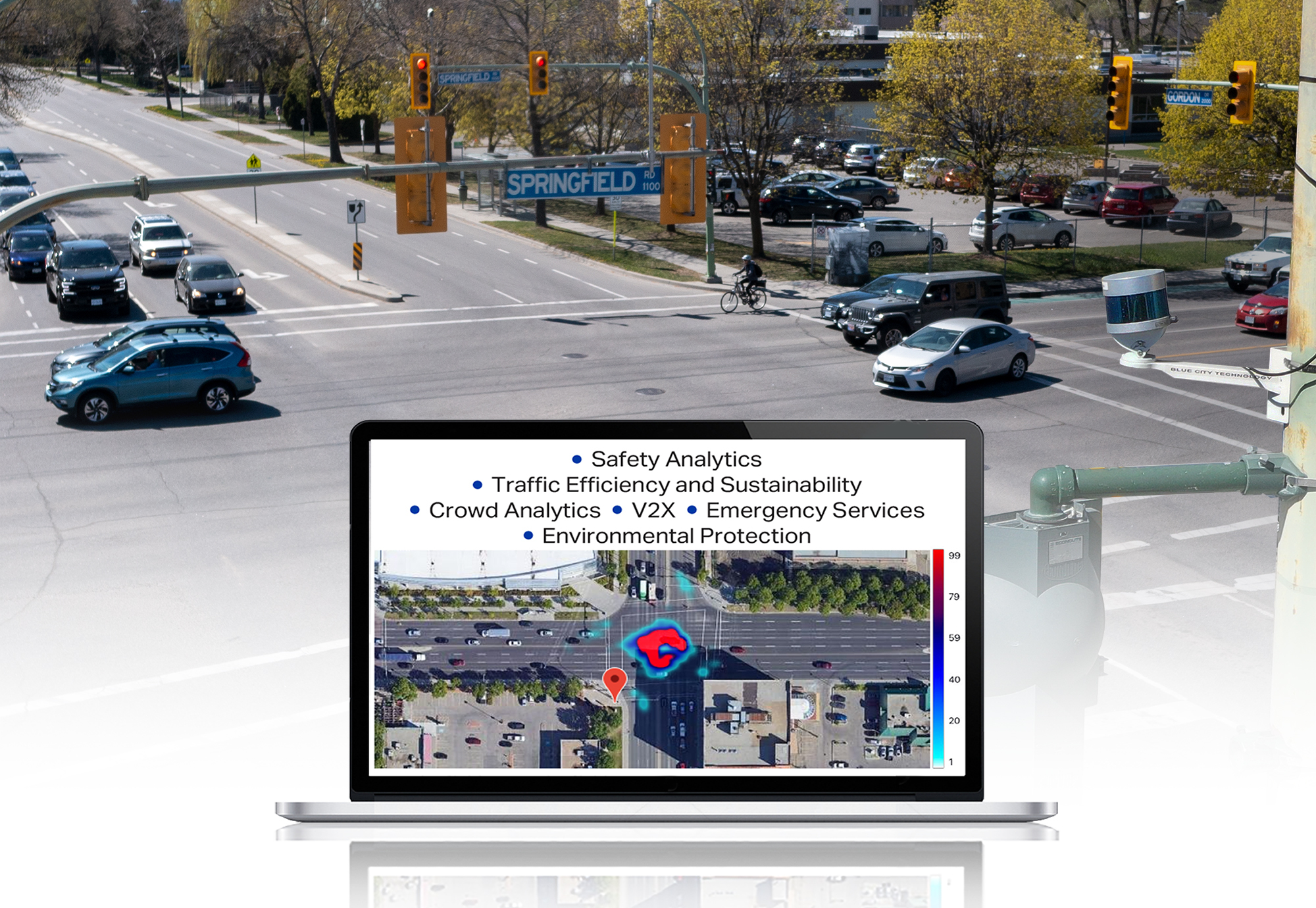 UC Irvine selects Velodyne Lidar’s traffic-monitoring solution
UC Irvine selects Velodyne Lidar’s traffic-monitoring solutionNews HIMaC² will leverage Velodyne’s Intelligent Infrastructure Solution to improve road traffic safety and efficiency
By Praharsha Anand
-
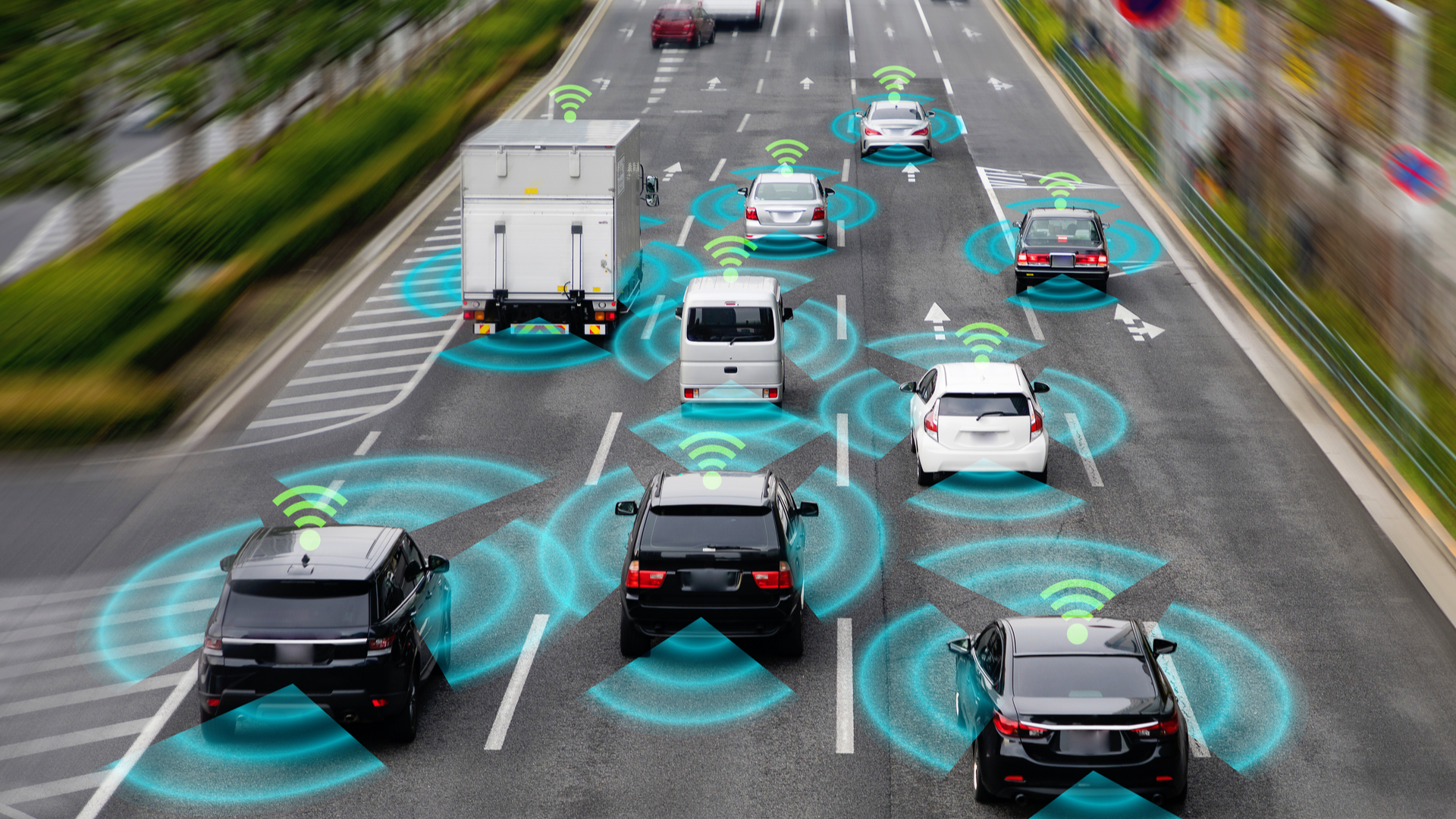 Sonatus secures $35 billion to spur software-defined vehicles
Sonatus secures $35 billion to spur software-defined vehiclesNews The funding will be used to turn cars into data centers on wheels
By IT Pro
-
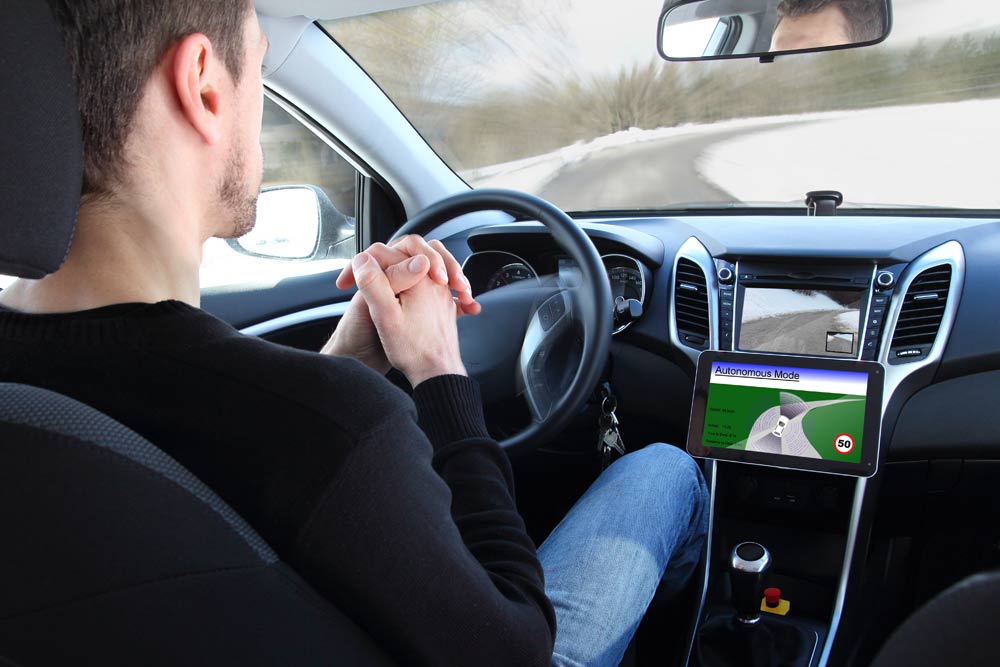 Oculii raises $55 million for its AI-powered radar software
Oculii raises $55 million for its AI-powered radar softwareNews The VAI platform by Oculii improves the angular resolution of any radar by up to 100 times
By Praharsha Anand
-
 UK gov to allow self-driving cars on motorways this year
UK gov to allow self-driving cars on motorways this yearNews Automated Lane Keeping Systems to be legally defined as 'self-driving' as a cautious first step to allowing fully autonomous cars on UK roads
By Bobby Hellard
-
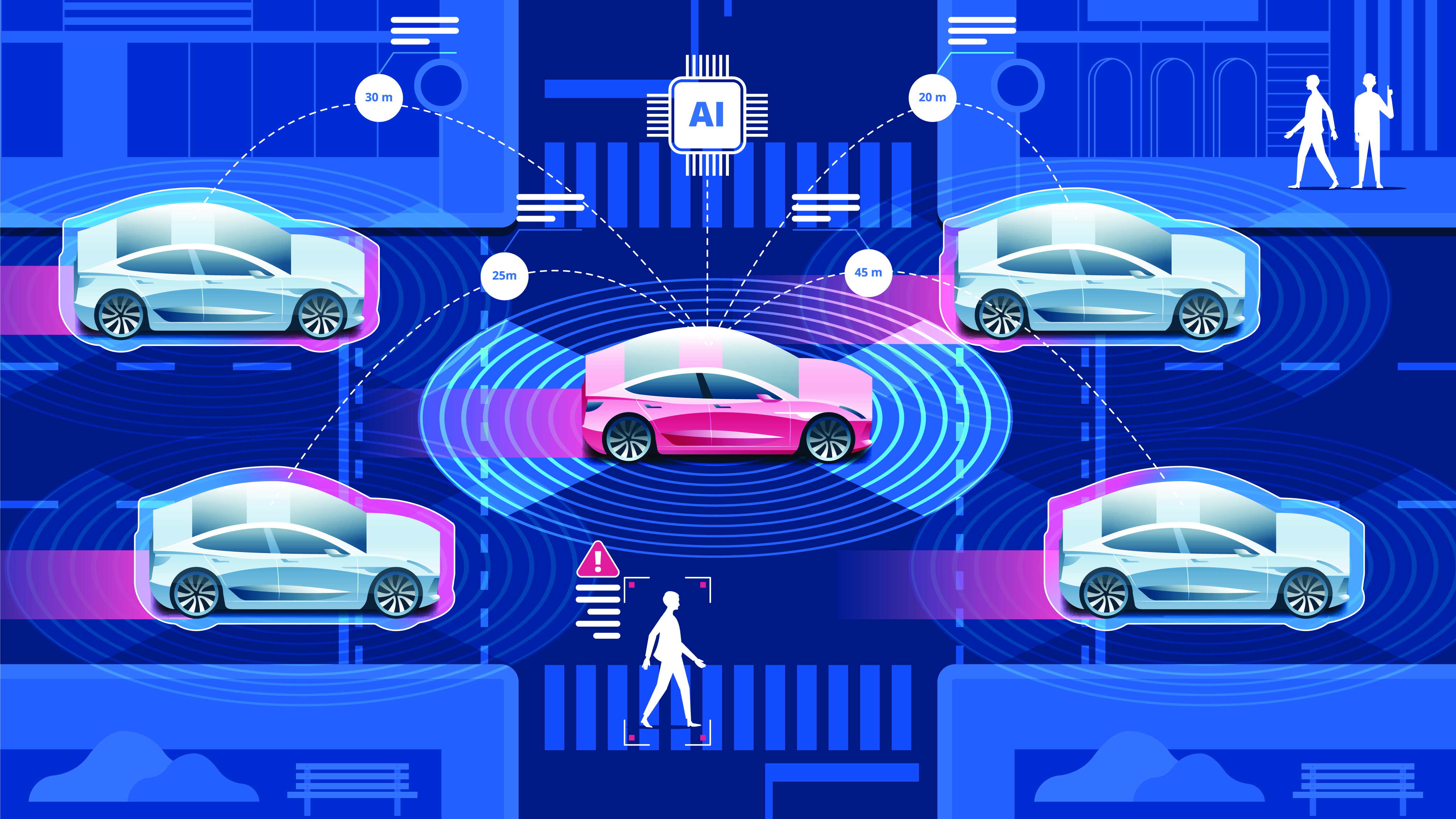 ZF augments vehicle intelligence with next-gen AI supercomputer
ZF augments vehicle intelligence with next-gen AI supercomputerNews New ZF ProAI packs a punch with up to 66% more computing power than its predecessor
By Praharsha Anand
-
 Why driverless cars don't belong on public roads (yet)
Why driverless cars don't belong on public roads (yet)Opinion Autonomous vehicles still can't account for human error
By Jane McCallion

